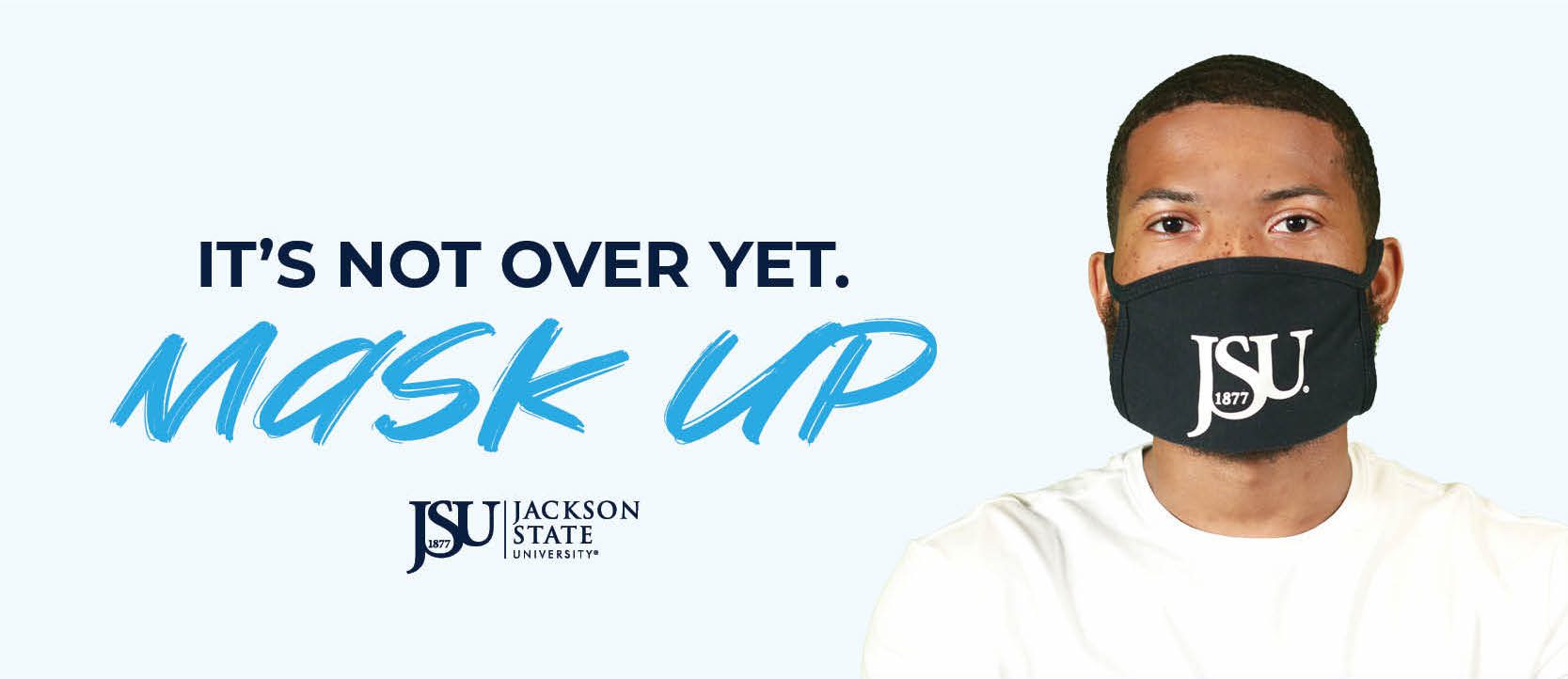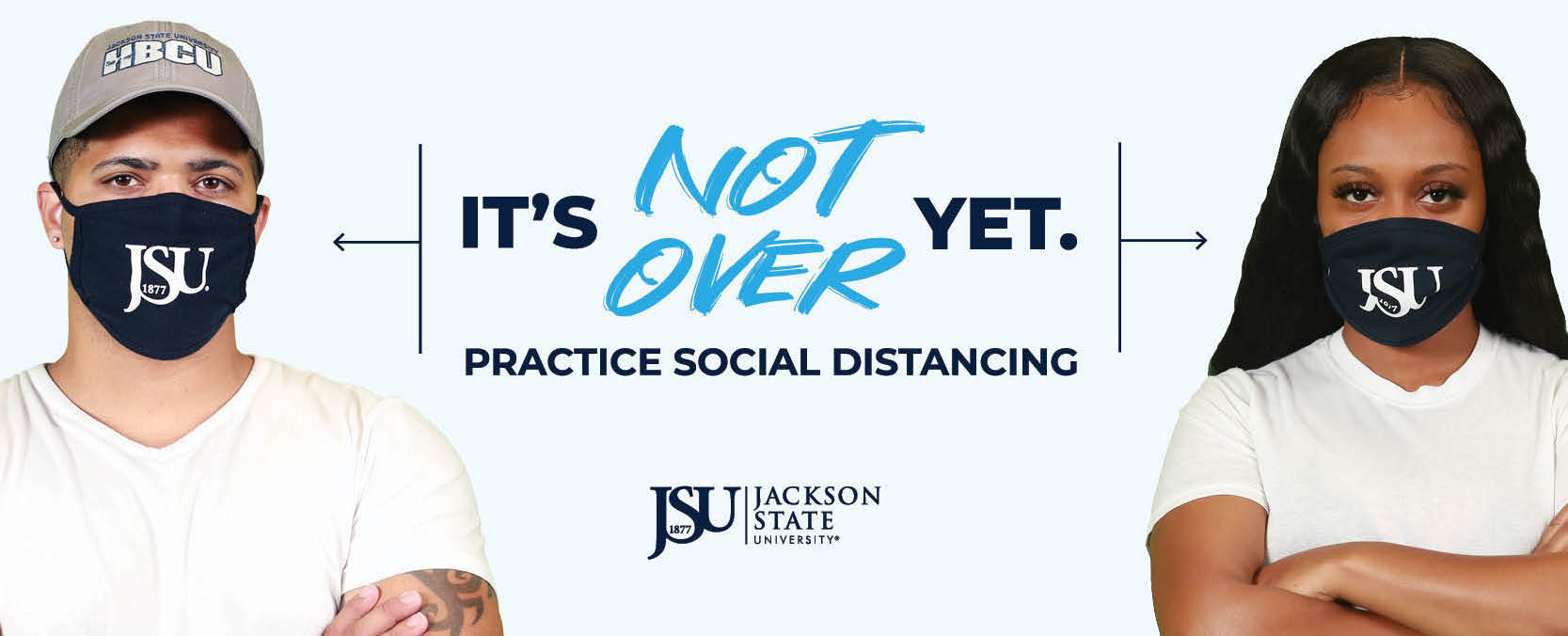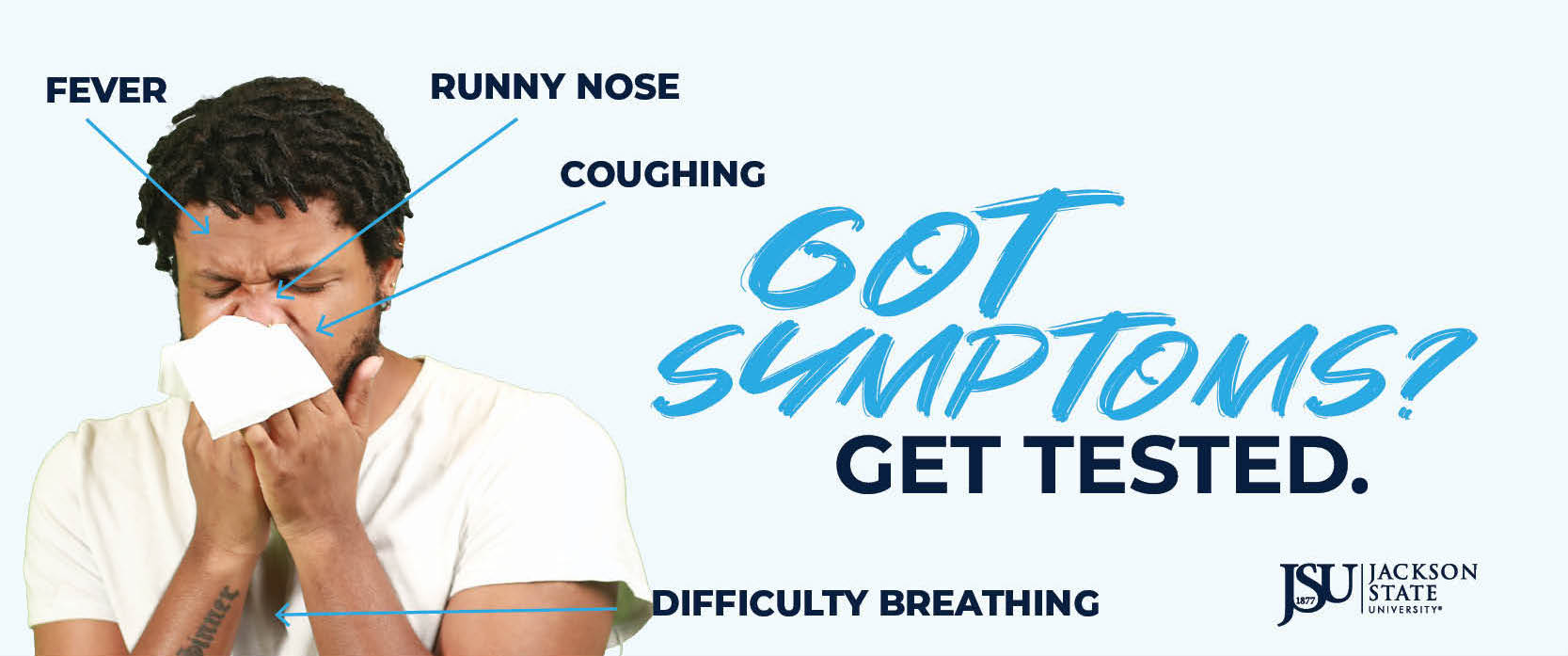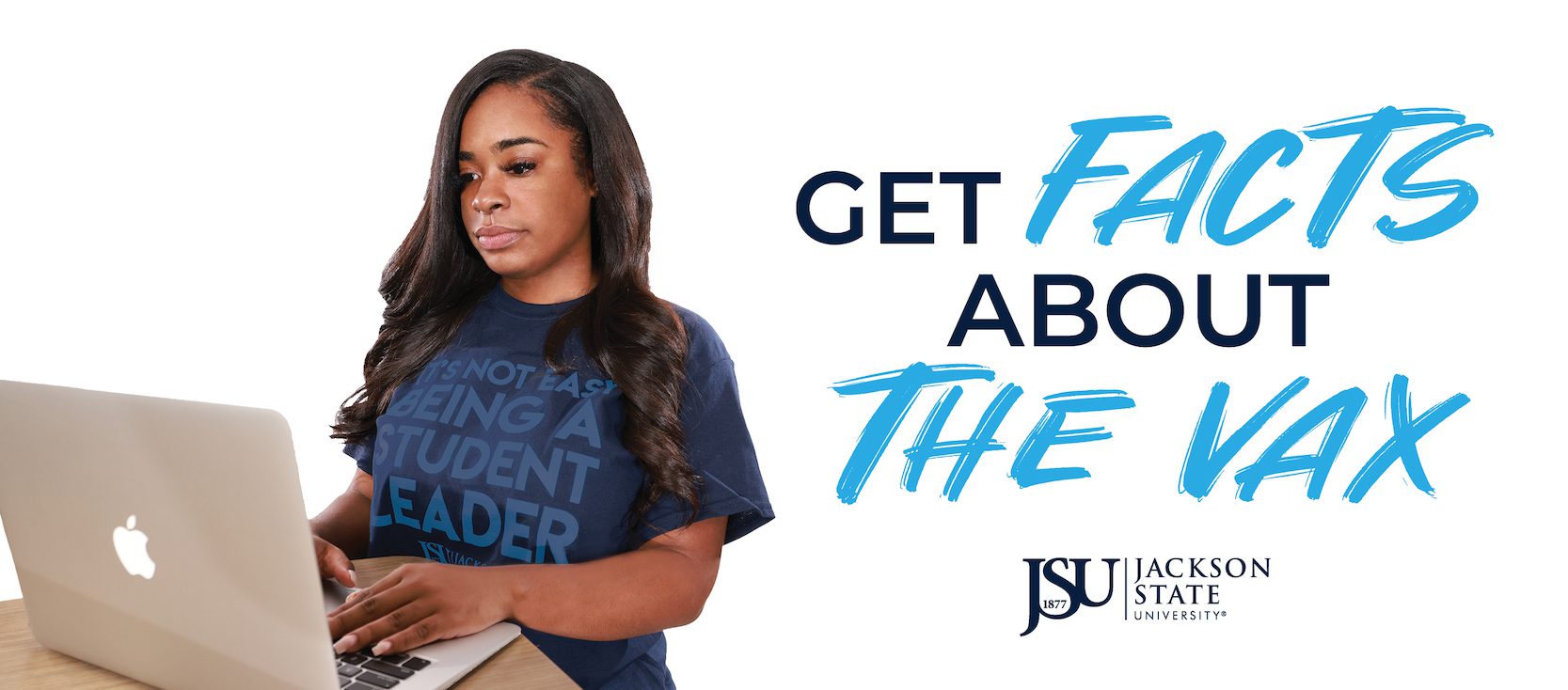
Thousands of lives are lost daily to COVID-19, and most sufferers are from the unvaccinated population. Jackson State University’s College of Health Sciences, along with the Mississippi State Department of Health and the CDC, are working together to educate individuals and build their confidence about vaccine safety and effectiveness. Vaccines – along with handwashing, face masks and social distancing – are our best defense for protecting ourselves and others from COVID-19. We encourage you to learn more about the benefits of getting vaccinated. Together, we can help Mississippi slow the spread of this virus.
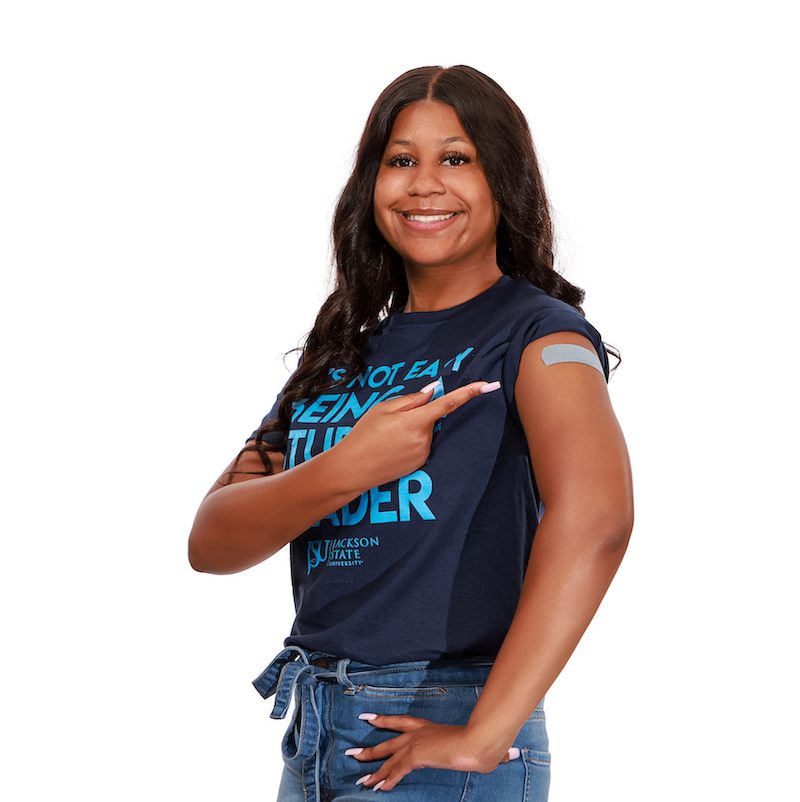
I chose to get vaccinated to not only protect myself but protect those around me as well. It is important to me that I do my part to help stop the spread of COVID-19.
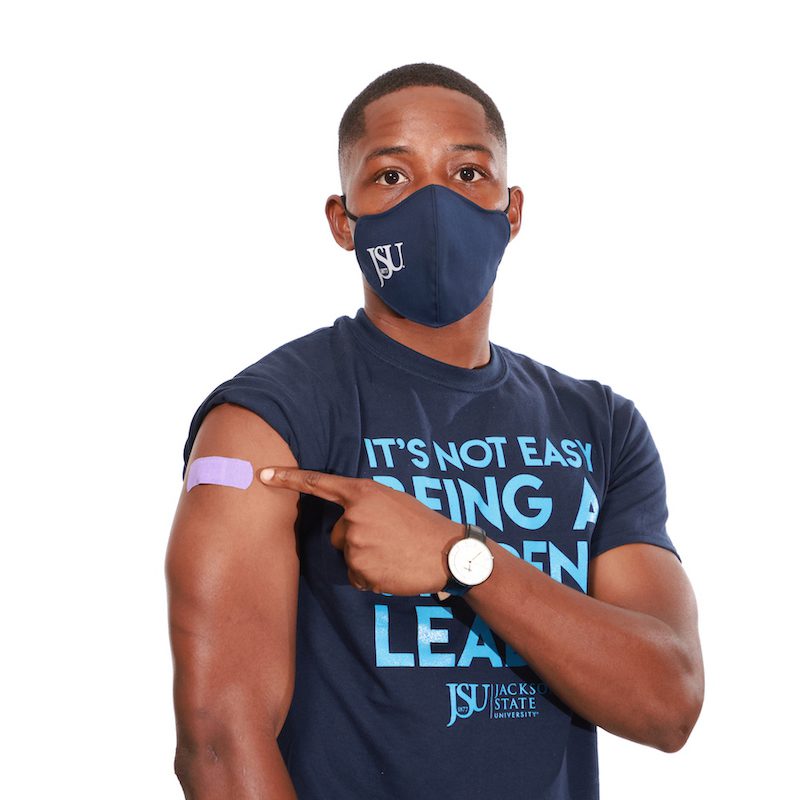
I chose to take the vaccination (Pfizer specifically) because it received full FDA approval and is 95% effective at preventing the spread of COVID-19.
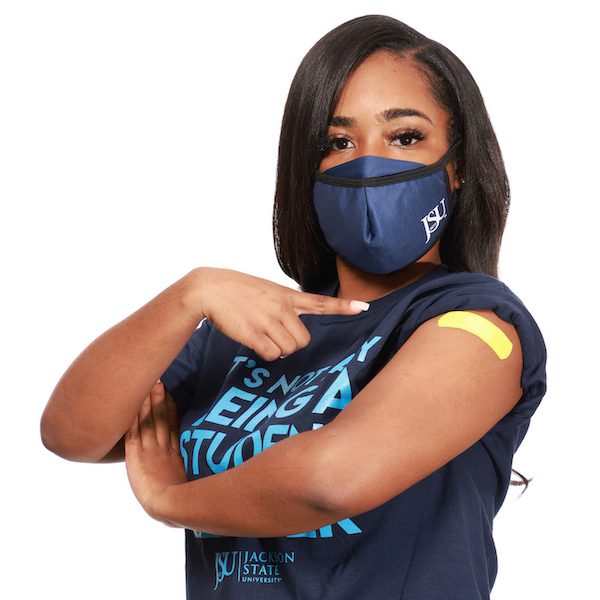
I received the vaccination to protect myself and my family. Some of my family members have underlying health conditions which puts them at a higher risk of contracting the virus. Getting the vaccine was for my best interest and theirs.
Ready to get vaccinated?
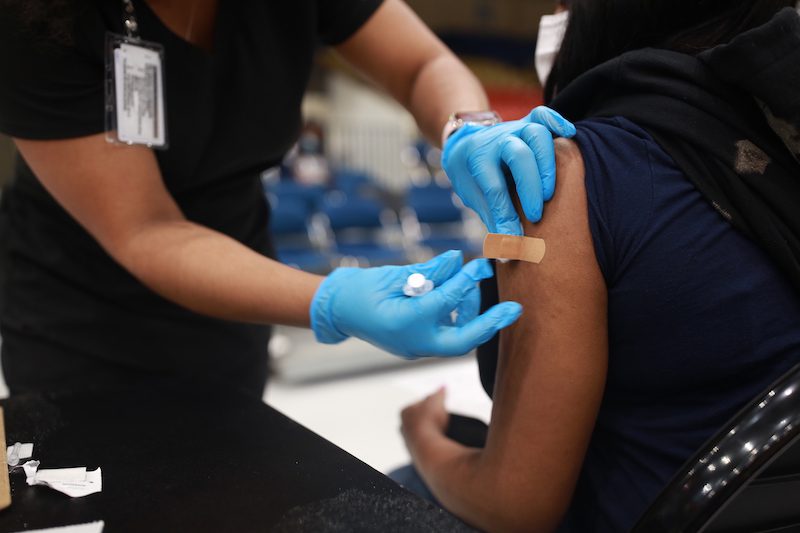
COVID-19 Vaccinations are Available
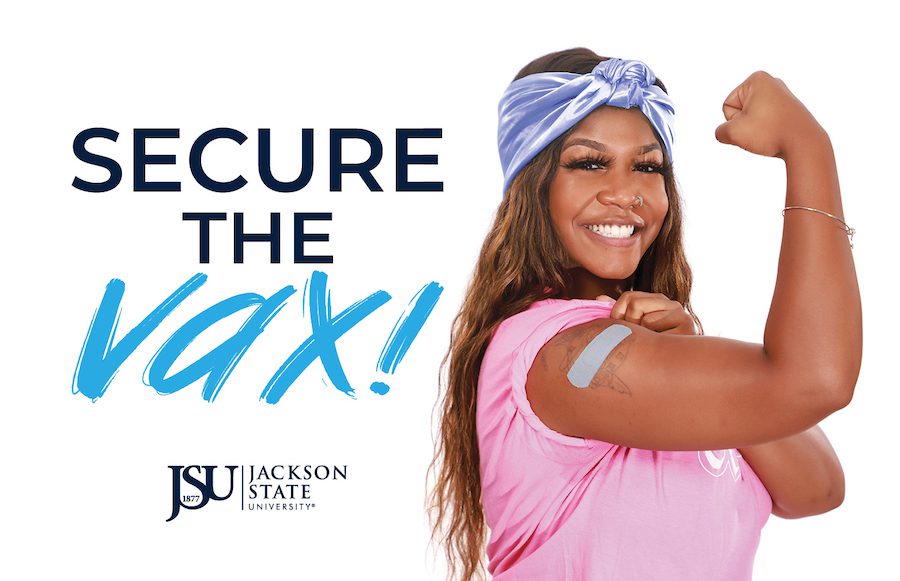
Vaccination FAQs
What is the Delta Variant?
